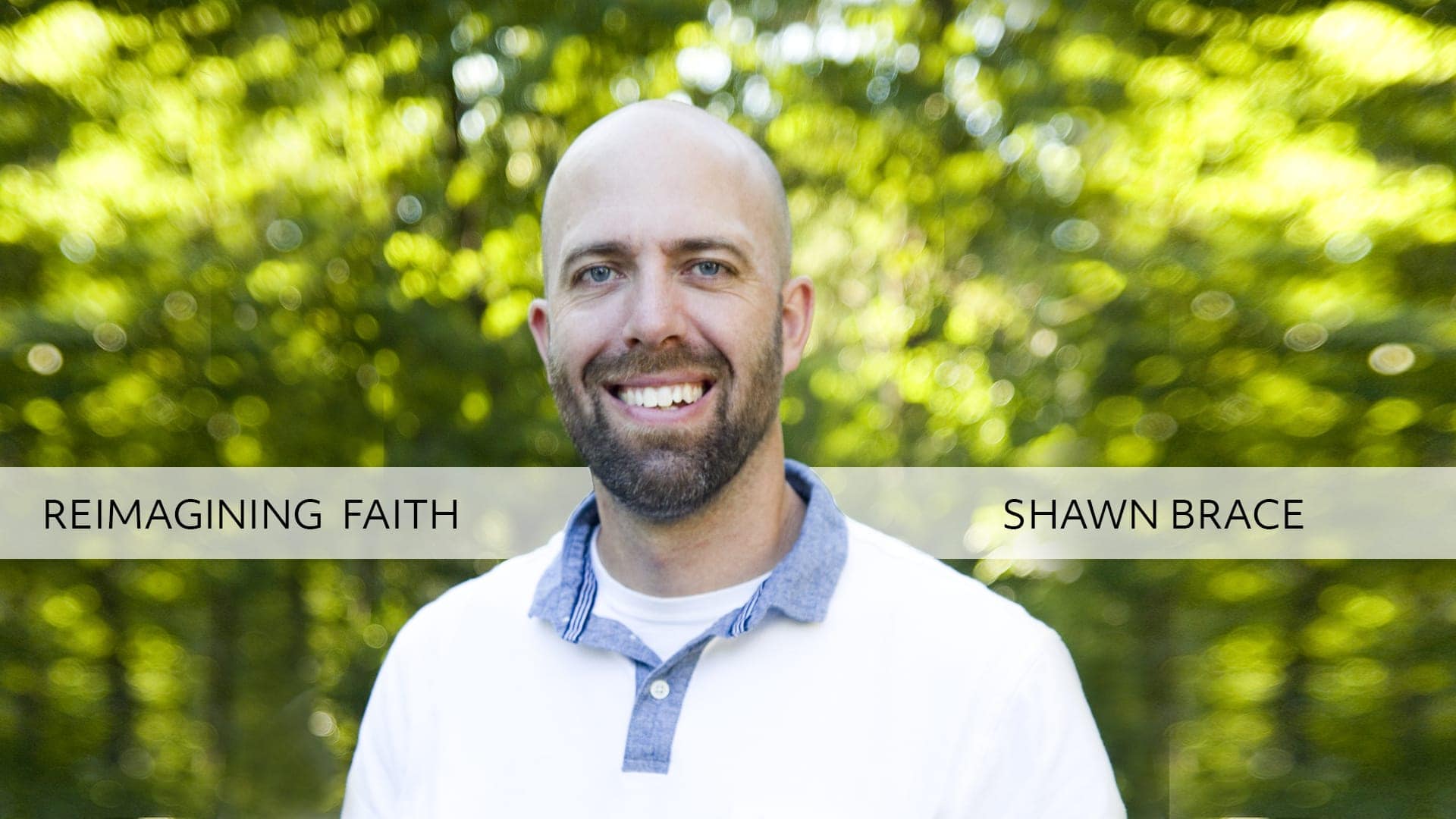
Sociologists have long wondered what it is about religions that cause them to succeed or to die out. After all, throughout the world’s history, there’ve been hundreds of thousands of religions that have developed, and some have withstood the test of time while others disappeared.
In the case of Christianity, we would, rightfully, attribute its success to the power of the Holy Spirit, imbuing God’s people with His love so they can live out and proclaim His truth. But I doubt we’re as willing to attribute the same cause to some of the other “successful” religions the world has seen—such as Islam or Buddhism.
Thus, we return to the question: why do some religions succeed while others fail?
In his book, Destroyer of the gods: Early Christian Distinctiveness in the Roman World, historian and New Testament scholar Larry Hurtado, in discussing the astonishing success of Christianity within its first few centuries, noted the paradoxical balance Christianity achieved to reach the heights it did. Christianity, like other “successful” religions, somehow struck this balance: it was both enough alike the culture in which it arose while at the same time it was enough different from that same culture.[i]That is, indeed, the paradoxical balance a religion needs in order to grow: it needs to be enough alike its surrounding culture for non-adherents to not think it too strange or cultish to join; but it also needs to be enough different from its culture to make it worth the sacrifice to join. After all, why would one join another group if it didn’t offer anything different?
In short, a religion needs to be the same, but different.
Which Ditch?
It seems to me that many of us have the tendency to fall into one ditch or the other. Many of us give chief emphasis to uniqueness and difference, underscoring our “peculiarity” as God’s people. We try to totally separate and distinguish ourselves from the world in belief and practice—but in the process, largely become unable to connect with or appeal to people who find us too strange to give us a hearing.
On the other hand, there are many of us who basically want to bury all differences and fully align with the values and practices of our surrounding culture. We sell out to relevance, fully assimilating to the values and practices of those around us. In the process, however, we end up becoming redundant and thus—ironically—irrelevant.
Of course, our primary goal isn’t simply to figure out clever ways to adjust our behavior in order to convert people. We should aim to be biblical—while keeping our eyes on the needs of humanity.
And yet, as we read Scripture, we recognize this dynamic in Christ. He was, after all, both wholly like us, taking on human flesh, and yet wholly different from us, possessing full divinity. He lived out that very paradox. He was the same, but different.
For her part, Ellen White emphasized this paradox as well. There were many times when she encouraged Seventh-day Adventists to not emphasize points of difference with others, but to instead seek common ground (following Paul’s cues in 1 Corinthians 9:19-23).[ii] She even went so far as to say that if the “practices of the people” we’re trying to reach don’t “come in conflict with the law of God,” then we may “conform to them.” In fact, she further explained, to refuse to do so could build up barriers and “stumbling blocks” for the people we’re trying to reach, thus preventing them from “accepting the truth.”[iii]
Yet there were also many other occasions when she reminded Adventists to not downplay our peculiar message and calling, but to unapologetically proclaim and live out those differences.[iv]
Unnecessary Barriers
Of course, the trick is understanding when to do which—and, perhaps more importantly, understanding which beliefs and practices are “up for grabs,” being based more on cultural tradition than on Scripture, and which ones aren’t. The former we can compromise on; the latter we can’t (even while holding onto and insisting upon them in gracious ways).
As I’ve tried to navigate this tension in my life and ministry, especially as I seek to share the gospel in America’s most secular region, I’ve come to realize that I’ve spent a lot of my life unflinchingly holding onto practices that needlessly created barriers—distracting people from the crux of what I really wanted them to encounter and embrace.
Thus, if I’m hanging out with a bunch of hipsters, I’m probably not going to wear a suit. My goal in that moment is not to convert them to a specific style of clothing, but to introduce them to the transformational Christ.
And that is, indeed, the difference that’s worth emphasizing. In a world marred by selfishness, sin, oppression, and exploitation, we have access to an amazing story—the great controversy—that points to a God who is characterized by nothing other than unselfish, self-sacrificing, others-centered love. And, just as importantly, we get to live out that story as well—living by the principles of unselfish love in the midst of a world that is diseased with self-centeredness.
So as we seek to be God’s people, let us, of course, be biblical. And in so doing we’ll realize that being biblical means being the same, but different.
[i] Larry W. Hurtado, Destroyer of the gods: Early Christian Distinctiveness in the Roman World (Waco, TX: Baylor University Press, 2017).
[ii] See, for example, Ellen G. White, Evangelism (Washington, DC: Review and Herald Publishing Association, 1946), 143, 164.
[iii] Ellen G. White, The Southern Work (Washington, DC: Review and Herald Publishing Association, 1901), 68.
[iv] See, Ellen G. White, Evangelism, 619.